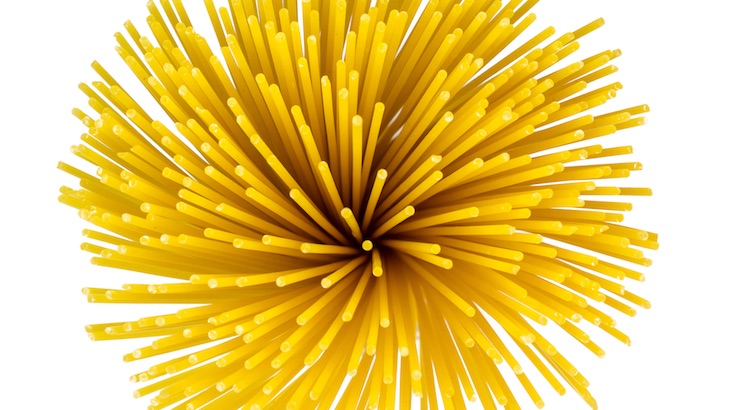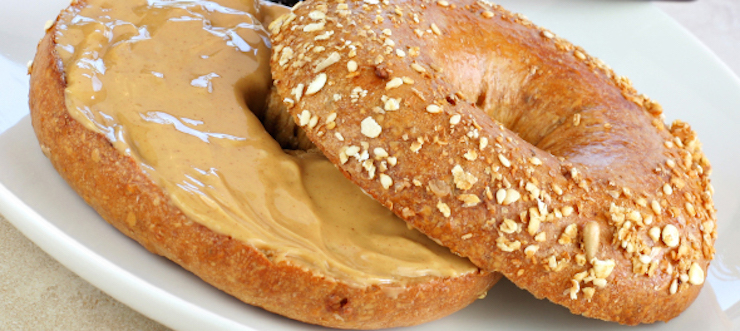Five Reasons Why Soccer Players Want to Eat Carbohydrates
SoccerToday’s nutrition columnist Nancy Clark on the carb controversy.
As the New Year starts, I hear way too many soccer players vowing to “knock-off carbs” for their nutrition resolution.
Most intend to eat less sugar (OK). Some plan to cut out bread, pasta, potato and starchy foods (not OK), and others plan to also limit fruits and veggies (bad idea).
The reality is carbs should be the foundation of your sports diet.
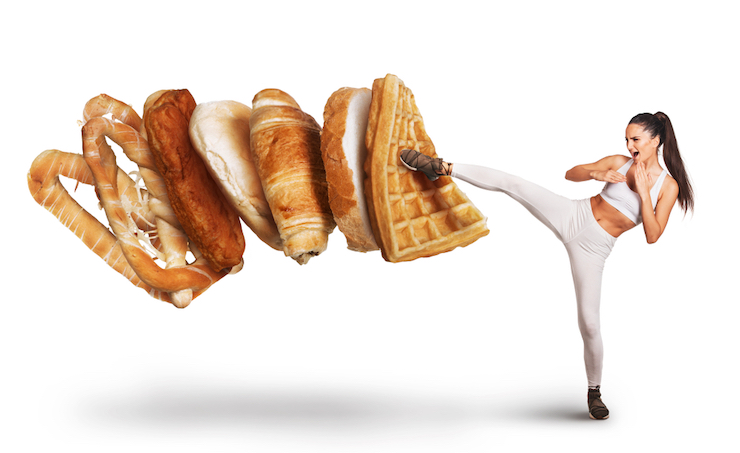
Soccer Player Nutrition: Carbs 101
By carbs, I mean primarily fruits, vegetables, beans, and grains.
But little is wrong with a sprinkling of added sugar (less than 10% of your total daily calories) or enjoying a meal with refined white flour, as long your other meals include whole grains.
To be sure we are all on the same page, let’s define this much-maligned word “carb.”
- Carbohydrates include both sugars and starches. They are biochemically similar. For example, green peas (and other veggies) are sweet when young; their sugar converts into starch as they mature. Unripe bananas (and other fruits) are starchy when young and become sweeter as they ripen. Their starch converts into sugar.
- Both sugars and starches are equal sources of muscle fuel. Whether you eat a starchy potato or sugary candy, the digested end-product is the same: glucose.
- Glucose feeds your brain, gets stored as glycogen in muscles (for fuel during hard, extended soccer sessions) and also in the liver (where it gets released, as needed, into the bloodstream to prevent your blood sugar from dropping).
- Some carbs are more nourishing than others. Added sugars (white sugar, maple syrup, honey, agave, gels, chomps, sports drinks, etc.) lack the vitamins and minerals that invest in good health. Fruits, veggies, beans, and dairy, however, are health-promoting sources of carbs. Obviously, you want to eat more of the best and less of the rest.
- Physically fit soccer players easily metabolize sugars and starches. Unfit people, however, often end up with high blood sugar and pre- or Type II diabetes. Note: Most messages to cut out carbs are targeted at unfit people, not athletes.
Soccer Players: Reasons to keep carbs in your sports diet
Here are five reasons why you, a physically fit soccer athlete, want to include carbohydrate in your sports diet.
- Carbohydrates fuel muscles.
- Carbohydrates are not fattening.
- Avoiding carbs can lead to food binges.
- Quality carbs promote a healthy microbiome
- Carbohydrate adds pleasure to your sports diet.
Here is the scoop on Carbs as Fuel for your Muscles:
Soccer players who restrict carbs pay the price: “dead legs” and inability to run at their best. If you routinely train hard 4 to 6 days a week, carbs should be the foundation of each meal. Here are the International Olympic Committee’s research-based carb recommendations for an optimal sports diet:
| Amount of exercise/day | gram carb/lb. body wt | gram carb/kg body wt |
|
1 hour moderate exercise |
2.5 to 3 | 5-7 |
| 1-3 h endurance exercise | 2.5 to 4.5 | 6-10 |
| 4-5 h extreme exercise | 3.5 to 5.5 | 8-12 |
For a 150-lb soccer player who exercises hard 1 hour a day and remains somewhat active the rest of the day, the target intake should be 375 to 450 grams carb per day. That’s at least 90 g (360 calories) carb per meal and 50 g (200 calories) carb at each of two snacks. This is way more carbs than in an ever-popular (low-carb) breakfast protein shake with a few berries, a lunchtime spinach salad, and a dinner with a pile of broccoli but no rice.
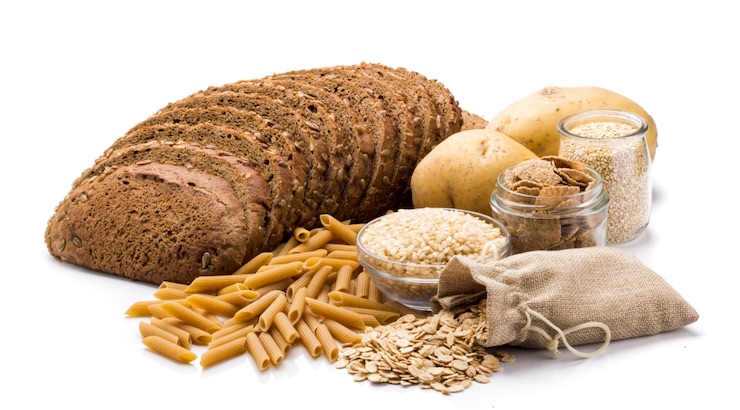 Here’s what 375 grams of carbohydrate looks like (without the protein and fat that balances the meal):
Here’s what 375 grams of carbohydrate looks like (without the protein and fat that balances the meal):
- Breakfast: 1 cup dry oats (50g) + 1 banana (25g) + 1 tablespoon honey (15g)
- Lunch: 2 slices whole wheat bread (45g) + 1 can Progresso lentil soup (60g)
- Snack: 1/3 cup raisins (40g) + 1 tablespoon dark chocolate chips (10)
- Dinner: 1.5 c cooked brown rice (65g) + a 14-oz bag of frozen broccoli (20g)
- Snack: 8 ounces vanilla Greek yogurt (20) + 1 Nature Valley Granola Bar (30)
While I am sure many of you are rolling your eyes right now and thinking, “I could never eat that many carbs without getting fat,” this is an appropriate carb intake, believe it or not, and these 1,500 carb-calories can fit into your day’s 2,500+ calorie budget. I invite you to be curious and experiment. How much better can you train with well-fueled muscles?
Here is the scoop on Carbs not being Fattening:
Excess calories of carbs (bread, bagels, pasta) are actually less fattening than are excess calories of fat (butter, salad oil, bacon). That’s because converting excess calories of carbohydrate into body fat requires more energy than does converting excess calories of dietary fat into body fat.
Despite popular belief, carbohydrates are not inherently fattening. Excess calories at the end of the day are fattening.
Here is the scoop on what often happens when you try to avoid Carbs:
It is true: Wel all know it. Avoiding carbs can lead to food binges. By routinely including carbs in your daily sports diet, you take the power away from them and will be less likely to binge. That is, if you “cut out carbs” but then succumb to eating the entire breadbasket and the mountain of pasta when at a restaurant, you are doing what I call last chance eating.
You know, last chance to eat bread and pasta so I’d better stuff them in today because of my no-carb diet restarts tomorrow. (Ugh.)
Here is why Quality Carbs are Good:
Quality carbs (fruits, vegetables, grains, and beans) promote a healthy microbiome, which reduces the risk of heart disease, diabetes, and cancer.
Fiber-rich carbs feed the zillions of microbes that live in your gut. These microbes have an incredible influence on your mood, weight, immune system, and overall health. Every major medical association recommends we consume a strong intake of fruits, veggies, and whole grains.
Do soccer players on a low carb diet miss out on these health benefits? TBD.
Here is why Carbs make you happy
Carbohydrate do add pleasure to your sports diet.
Is something wrong with eating some yummy foods, like pasta and bagels?
How about chocolate milk for a fun recovery food? Given that 10% of daily calories can come from refined added sugars, most soccer players have about 240 to 300 calories (60 to 75g) of added sugar a day in their calorie budget.
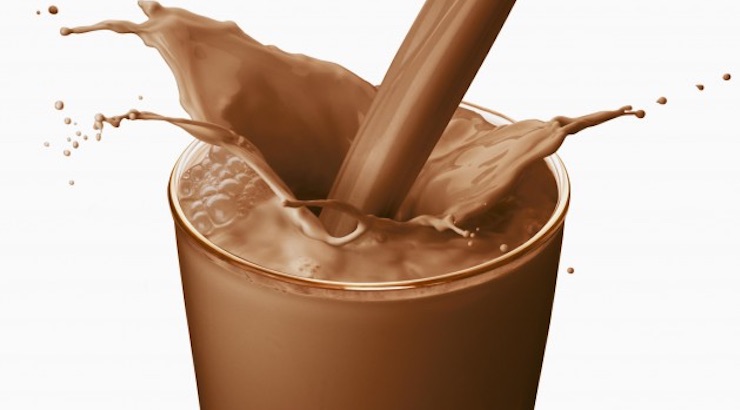
You can easily ingest that sugar via sports drinks, gels, and sweetened protein shakes.
You can also enjoy one or two cookies or a slice of birthday cake—guilt-free.
Carb abuse is the bigger problem than carbs in moderation.
The easiest way to prevent carb/sugar abuse is to eat satiating breakfasts and lunches (with carbs + protein) that fill your tummy, prevent afternoon hunger, and curb cravings for sugary sweets later in the day.
Preventing hunger minimizes the cravings that give carbs a bad name in the first place. Give it a try?
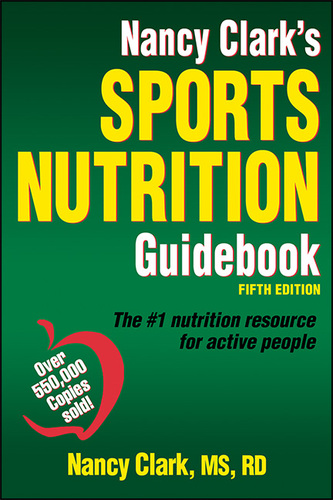 Related Articles: Soccer Players: Next Level Nutrition; Nutrition Tips for Soccer Players: The Athlete’s Kitchen
Related Articles: Soccer Players: Next Level Nutrition; Nutrition Tips for Soccer Players: The Athlete’s Kitchen

SIDEBAR: Nutritional and medical advice changes with new discoveries and interpretations. Always check with your medical provider and/or nutritionist for what is best for you and your family. And research and read information on nutrition!
Sports nutritionist Nancy Clark MS RD CSSD has a private practice in the Boston-area, where she helps both fitness exercisers and competitive athletes create winning food plans. Her best-selling Sports Nutrition Guidebook, and Food Guide for Soccer, as well as teaching materials, are available at www.nancyclarkrd.com.
For online and live workshops, visit www.NutritionSportsExerciseCEUs.com.

